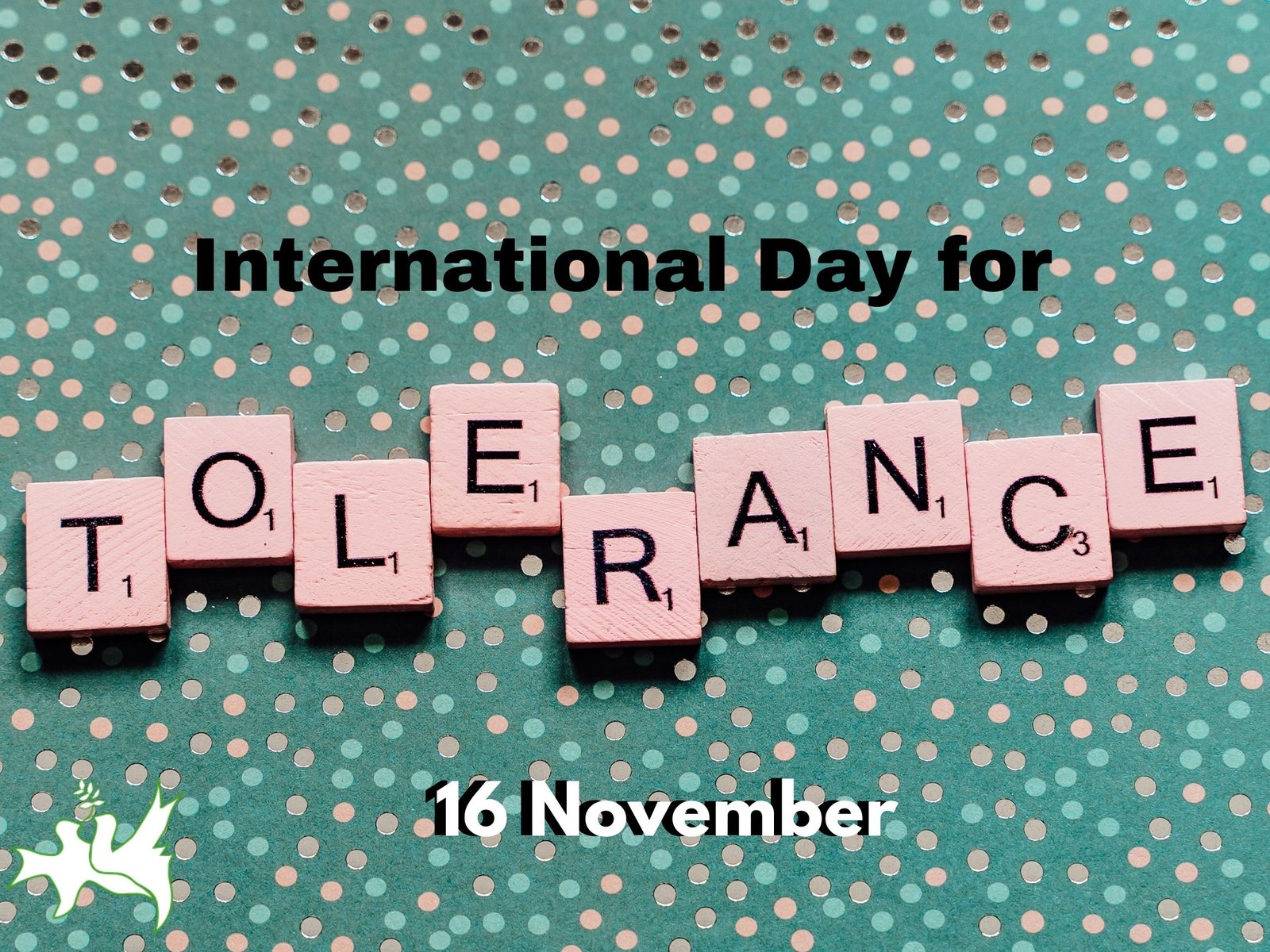Editorial
In a world marked by increasing diversity, globalization, and interconnectedness, the importance of tolerance has never been more evident. The United Nations Educational, Scientific and Cultural Organization (UNESCO) recognized this growing need in 1995 when it proclaimed November 16 as the International Day for Tolerance. This day serves as a global reminder of the fundamental values of respect, understanding, and acceptance that are essential for building peaceful and just societies.
Tolerance is not merely a passive acceptance of differences; it is an active engagement with and appreciation of the rich tapestry of human cultures, beliefs, and perspectives. It is the willingness to listen, learn, and empathize with others, even when their views or practices differ from our own. In a world where conflicts often arise from misunderstandings and prejudice, tolerance provides the bedrock for peaceful coexistence.
Education plays a crucial role in fostering tolerance and promoting understanding among diverse groups. By exposing individuals to different cultures, perspectives, and ways of life, education cultivates empathy, challenges biases, and encourages critical thinking. UNESCO’s International Day for Tolerance serves as a catalyst for educational initiatives that promote tolerance in schools, communities, and around the world. Despite the progress made in promoting tolerance, intolerance and discrimination remain persistent challenges. The rise of hate speech, extremism, and violence against minorities highlights the urgent need to address these issues head-on. The International Day for Tolerance serves as a platform for raising awareness of these issues, advocating for the rights of marginalized groups, and promoting inclusive policies that combat discrimination.
Please, subscribe to the monthly magazines of republicpolicy.com
Tolerance is not merely a personal virtue; it is a collective responsibility that requires the active engagement of individuals, communities, and governments. To build a more tolerant world, we must all strive to understand and respect the differences that make us unique. We must challenge prejudice and discrimination wherever we encounter them. And we must support educational and advocacy initiatives that promote tolerance and understanding. The International Day for Tolerance stands as a testament to the enduring importance of tolerance in a world grappling with diversity, conflict, and intolerance. By promoting understanding, respect, and acceptance, we can create a more just, peaceful, and equitable world for all. Accordingly, it is critical for Pakistan to implement the spirit of the International Day of tolerance in the society and state structures.
Please, subscribe to the YouTube channel of republicpolicy.com
















